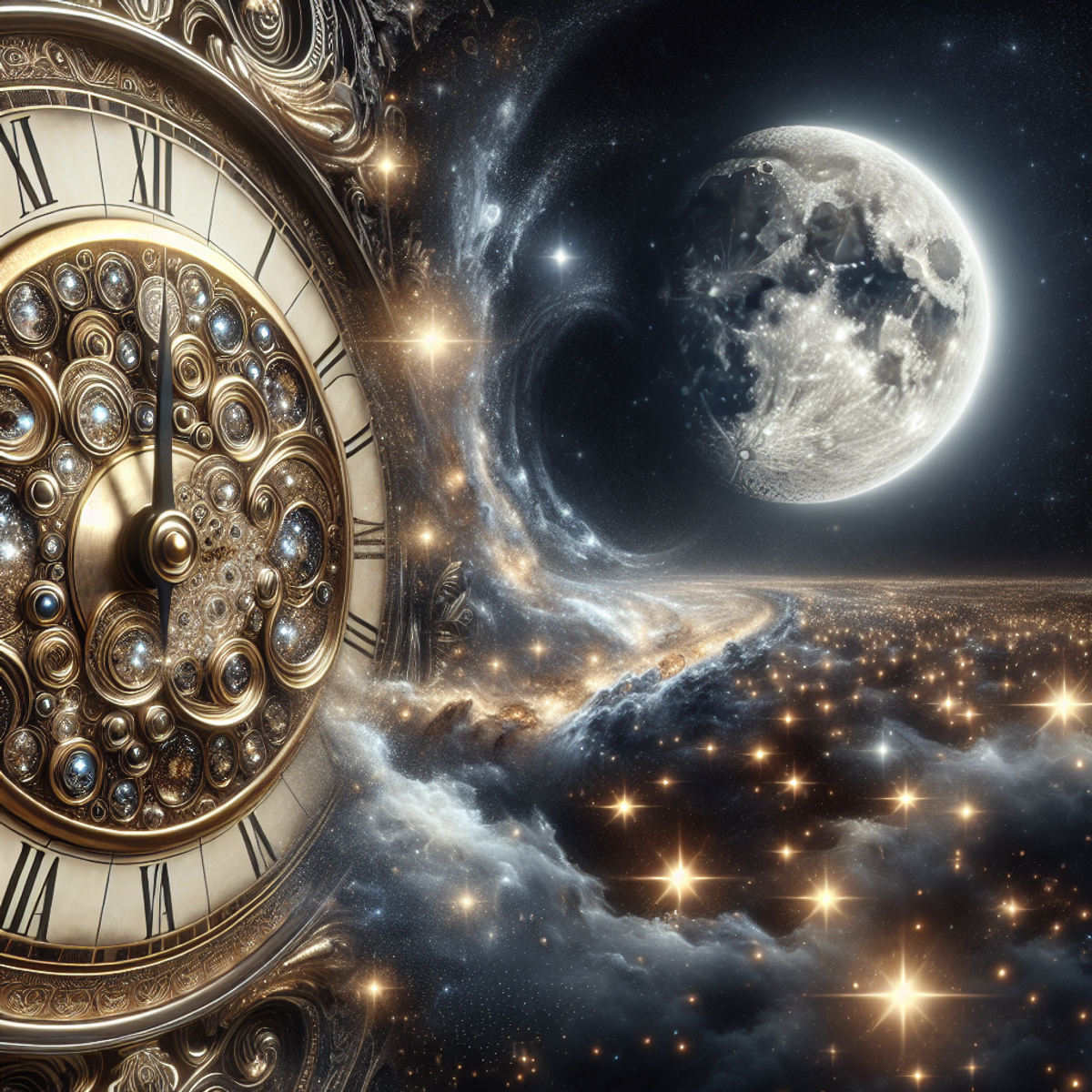
Melatonin and aging: How it affects the aging process
Share
Melatonin and aging: 10 surprising facts that you should know

Melatonin and aging: How it affects the aging process
Introduction
The aging process is an inevitable reality of human life. With increasing age, changes occur in various biological systems that can affect our general health and quality of life. There is a remarkable connection between the hormone melatonin and the aging process. But what exactly is melatonin and how does it affect our aging?
What is melatonin?
Definition of melatonin
Melatonin is a hormone that is produced by the pineal gland in the brain. It plays a crucial role in regulating the sleep-wake rhythm and has strong antioxidant properties.
Synthesis of melatonin through the pineal gland and cells
- pineal gland: Melatonin producer, especially in the evening.
- Peripheral cells: Also synthesized in other body cells, contributes to the local regulation of cell functions.
The connection between melatonin and the aging process
The gradual decline in melatonin levels in the course of life
With the progress of age, the production of melatonin gradually decreases. This acceptance can lead to a number of age -related problems.
Effects of a low melatonin level on sleep quality in old age
A low melatonin level can:
- insomnia cause
- Fragmented sleep support financially
- Reduced sleeping time entail
The effect of exogenous melatonin as an anti-aging agent
Restoration of mitochondrial membrane permeability by exogenous melatonin
Exogenous melatonin helps to maintain the integrity of the mitochondria by restoring the permeability of its membranes.
Stimulation of antioxidant enzymes by exogenous melatonin
Melatonin stimulates the production of antioxidant enzymes, which neutralize free radicals and thus reduce oxidative stress.
Effects of age on the production of melatonin
Acceptance of the production of melatonin in old age
With increasing age, the pineal gland produces less melatonin, which can favor different health problems:
- Neuropsychiatric disorders
- Cardiovascular diseases
- Other age -related pathologies
Melatonin as an anti-skin-aging connection
Protection against UV-related skin damage caused by melatonin
Melatonin protects the skin from UV-induced damage by it
Conclusion
Summary of the effects of melatonin on the aging process
Melatonin has proven to be an important factor in the aging process. It acts as a strong antioxidant, neutralizes free radicals and reduces oxidative stress. These properties make it a valuable means of combating age -related damage.
Potential of melatonin as anti-aging therapy
- Cardiovascular diseases: Melatonin can support the health of the cardiovascular system by strengthening the antioxidant defense.
- Neurodegenerative diseases: Studies indicate that melatonin can slow down the progression of neurodegenerative diseases.
- Protection against skin aging: Melatonin protects the skin from UV-related damage and thus acts as an anti-aging agent.
Recommendation to consult a doctor
Before you start taking melatonin preparations, you should consult a doctor. This is particularly important to exclude possible interactions or side effects.
For better sleep and general health you can high quality Melatonin products in different doses such as 10mg, 5mg and 3mg melatoninn.de acquire. Melatonin, the sleep hormone, plays an important role in regulating her physiological calm and activity cycle. Sufficient sleep is one of the most important healing mechanisms of the body and for mental health.
In addition, we also offer Ashwagandha with melatonin at. This nutritional supplement combines the advantages of Ashwagandha extract and melatonin and can help you to improve your sleep quality, reduce stress and come to rest in a natural way.
